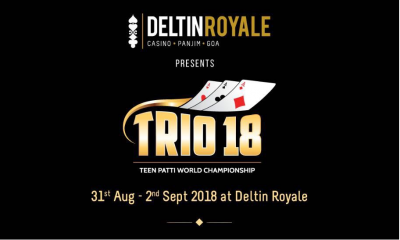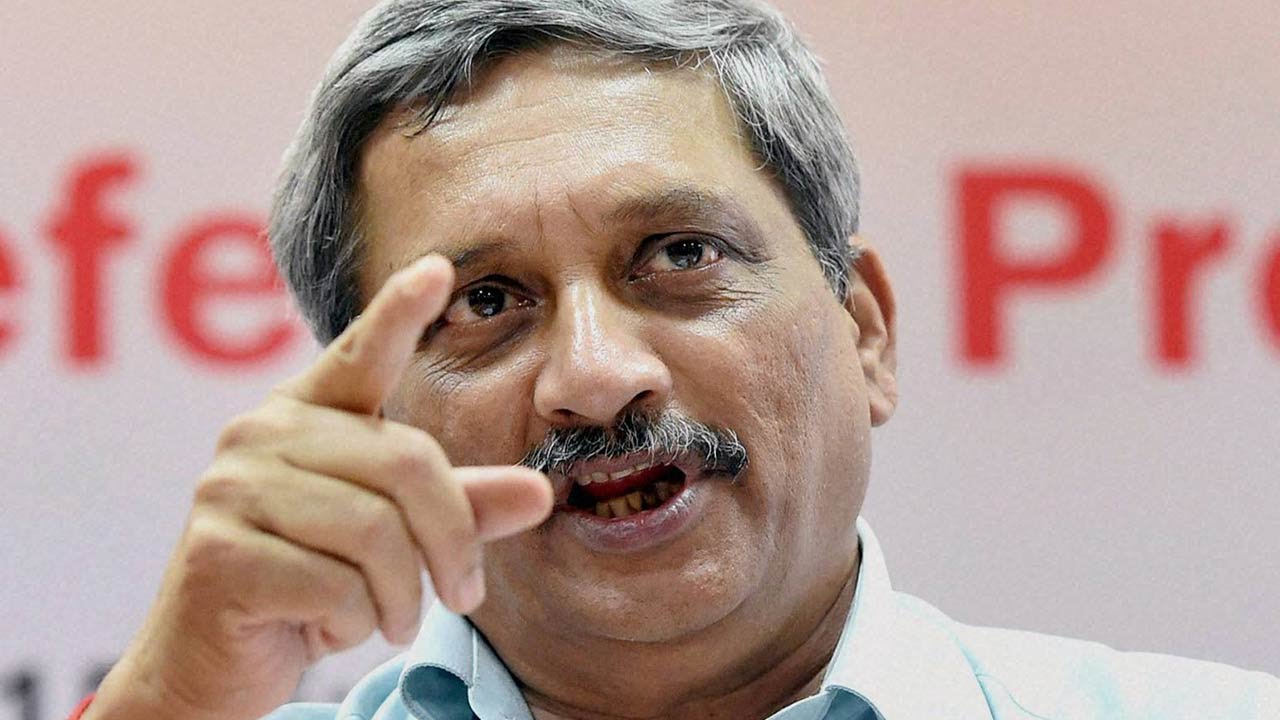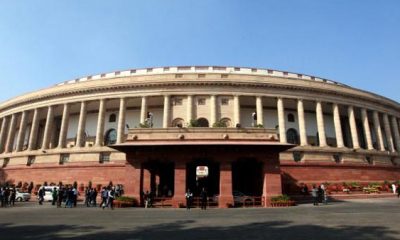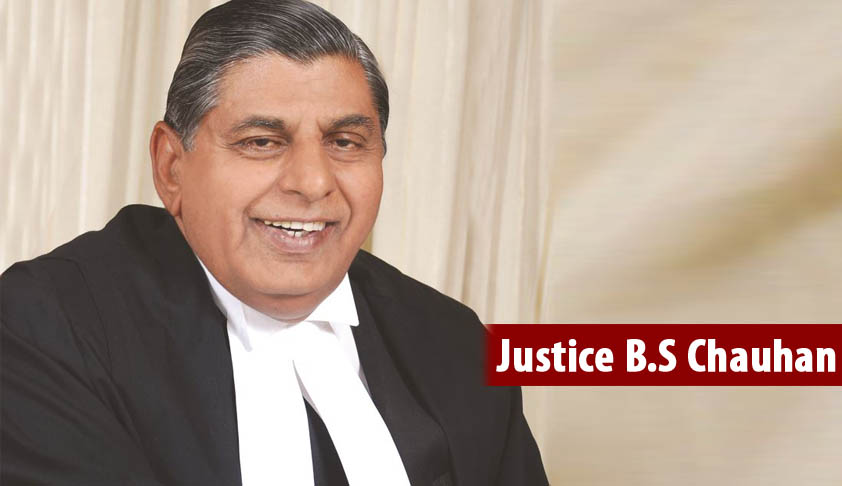Legal & Regulatory
Procedure for searching a suspected gaming house- No search or arrest without warrant possible
Any walled enclosure, space, room, tent etc openly soliciting persons to gamble at that place or any such place where owners/managers make a profit or gain out of the gaming operations is a common gaming house anywhere in India. Any person found in such a common gaming house is presumed to be a gambler irrespective of whether he/she was actually gambling; and punishment prescribed by the different state acts may be awarded to that person.
However it is important to note the procedural aspect of how the police is allowed to enter and search the common gaming house as there have been various instances where family members playing cards in their homes are harassed by police officials.
Section 5 of the Public Gambling Act 1867 and all the state gaming acts prescribe that any place suspected of being a common gaming house shall only be searched and checked if the police official (generally not below the rank of sub-inspector) is authorised to do so by a warrant of either the Superintendent of Police (or Commissioner of Police in metropolitan cities), Judicial Magistrate of first class (or Metropolitan magistrate in certain city areas) or the District Magistrate (District Collector) on receipt of credible information about the conduct of gambling activity in that place. Certain subordinate officials like Additional Superintendent of Police, Sub-Divisional Magistrate, Additional and Assistant Magistrates are also allowed to issue the search-warrant.
The procedure varies in different states but it is sufficient to say that no search of any premise that is even suspected of running gambling operations can be done by the police without a warrant. No person suspected of running gambling operations can even be arrested without a warrant. Gambling offences are non-cognisable under the Code of Criminal Procedure (CrPc) and thus no investigation can be initiated without the consent of a magistrate. Such offences are also bailable which means that bail has to be provided immediately on arrest at such amount and guarantees as may be prescribed.
Again for all such searches and for any seizure by the police the presence of at least two independent witnesses of the locality is necessary and mandated by Section 100 of the CrPc. The witnesses should be made aware of the process of search and the items seized. A copy of the items seized should be signed by such witnesses and given to the owner of the premises.
If any of these procedures, i.e. search with a warrant and presence of independent witnesses is not complied with, the person may refuse entry to the police. Again in court, if it is shown that this procedure was not followed, the search and any evidence from the search can be declared as illegal and any findings/evidence from such a search can be disregarded thus acquitting the persons accused of gambling and absolving their liability.




















Sreedhar Reddy
January 10, 2012 at 9:05 pm
Hello Jay,
Any good news this year about online internet betting in India.Can we expect or is it going to drag on same like 2011,any update status from your end.
Jay Sayta
January 10, 2012 at 9:14 pm
With the passage of the IT Due Diligence by Intermediaries online gaming seems to have become more difficult now.
Change may be possible in the next few years to come, but I am not too optimistic at present.
India Poker Series
January 10, 2012 at 11:58 pm
Though I am not conversant with the laws about the Public Gambling Act in various states of India, I have a firm belief that the premises can be “searched” if the police have suspicion though they cannot do it only to harass the user of the premises.
Also the Police Act is there to act as a further deterrent to the user of the premises as arrests can be done.
Further more, if one runs a gambling den under some garb or the other, then he needs to take the permission officially from the Police Commissioner and this seems almost impossible for one to get.
Lastly the IT (Information Technology) Act has enough provisions to disallow gambling thru online modes if one wishes to indulge in that.
It would require a lot of daring and also influence to get thru with it.
I doubt if one can do gambling in states which do not officially allow gambling. Sikkim and Goa do allow the same but that also thru issue of license for the same. These are not randomly issued and also the fee is very high.
bharat
February 23, 2012 at 1:31 pm
After being raided with a warrent,how can the house that was being raided defend itself?
Jay Sayta
February 23, 2012 at 2:35 pm
That would depend on the given facts and circumstances at the time the raid was conducted in the house. For example: one can contradict the police claim that there was gambling for stakes and profit or gain etc. by saying that there was no stakes or profit involved.